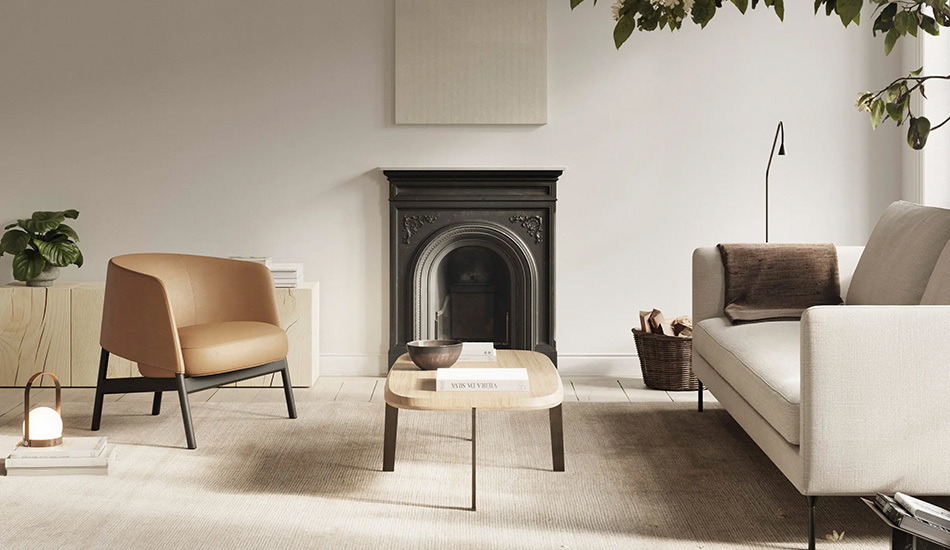Smart Home Products
Release time:
08 Sep,2023
Smart home products are products that use technologies such as the Internet of Things, cloud computing and artificial intelligence to intelligently connect and control home devices and home appliances. The emergence of smart home products has greatly changed people's lifestyles and living environments, providing people with a more convenient, comfortable and safe home experience.
There are a wide variety of smart home products, including smart speakers, smart lamps, smart door locks, smart cameras, smart TVs, smart air conditioners and so on. These products can be remotely controlled and managed through devices such as smartphones, tablets or voice assistants by connecting to the home's wireless network. Users can control various devices at home through mobile apps or voice commands to achieve automated home management.
The advantages of smart home products are mainly reflected in the following aspects:
1. Convenient control: through smartphones and other devices, it is convenient to remotely control the devices at home. No matter where they are, users can turn on the lights, adjust the temperature, turn on electrical appliances, etc. through mobile phone APP, making home life more convenient.
2. Energy saving: Smart home products can intelligently control devices at home according to users' habits and needs. For example, smart lighting system can automatically adjust the light brightness and colour according to the light intensity and time to achieve energy saving effect. Intelligent air-conditioning system can automatically adjust the working mode of the air-conditioner according to the temperature and the activities of people to achieve the maximum reduction of energy consumption.
3. Safety and security: Smart home products can provide safety and security functions, such as smart door locks that can be unlocked and monitored remotely via mobile phone APPs, and smart cameras that can monitor the situation at home in real time and send abnormalities to users. These features can increase the security of the home and improve the user's sense of security.
4. Personalisation and customisation: Smart home products can be personalised by learning users' habits and preferences. For example, smart speakers can automatically recommend suitable music content based on users' music preferences and playback habits. Smart TVs can intelligently recommend TV programmes and movies based on users' viewing records and preferences.
However, smart home products also have some challenges and problems. Firstly, the price of smart home products is relatively high, which makes them costly to purchase and use for some ordinary families. Second, the interoperability of smart home products is not yet perfect, and different brands of products usually need to use their own APPs to control each other, lacking unified standards and protocols. In addition, smart home products involve users' privacy and data security issues, and need to strengthen the relevant protection and regulation.
In conclusion, the emergence of smart home products has brought changes to people's lives, making the home environment smarter and more convenient. With the continuous progress and popularisation of technology, smart home products are expected to become the mainstream of home life in the future.
Subscribe to Our Newsletter
To stay up to date on new products and events of the Hibo Smart Furniture








